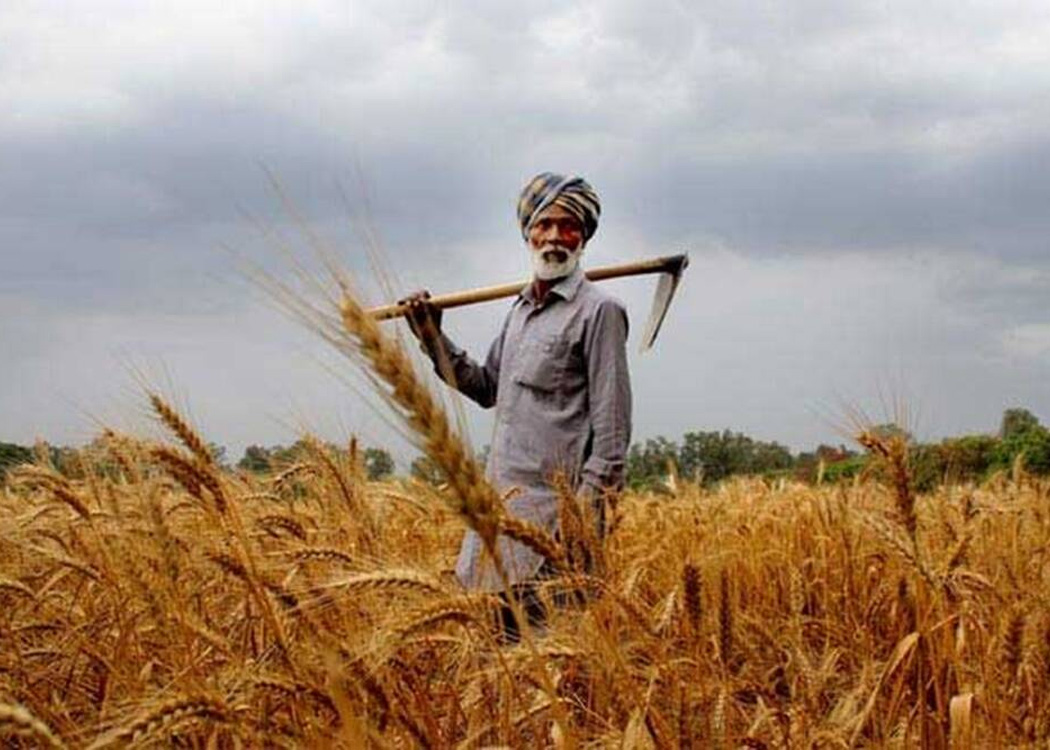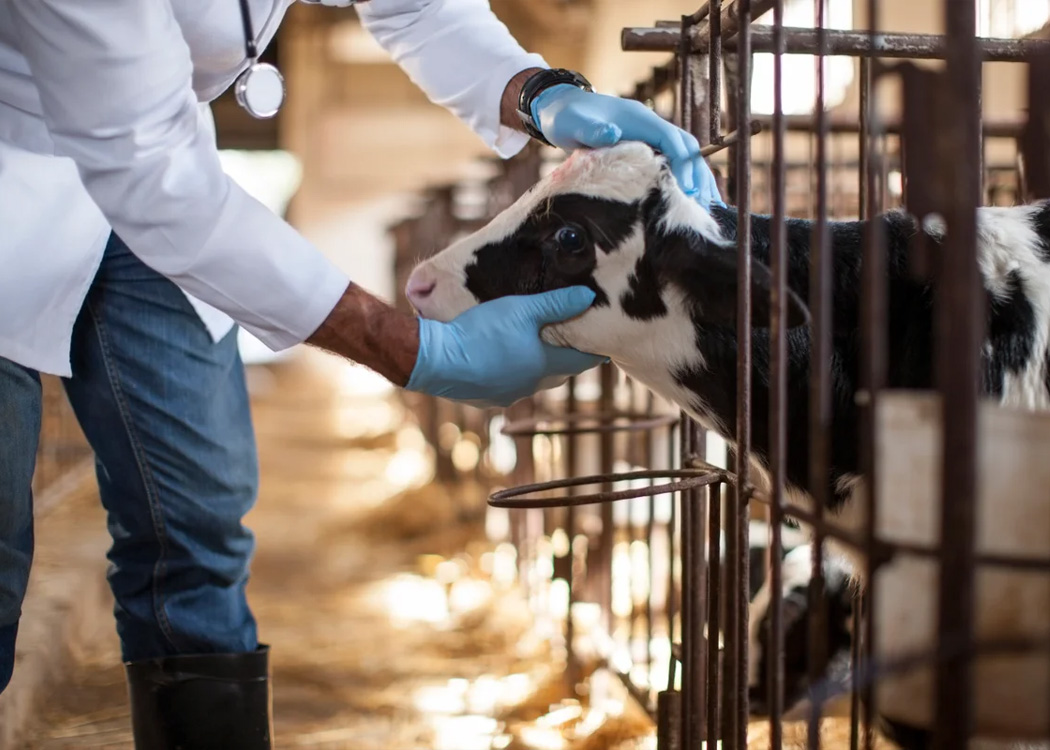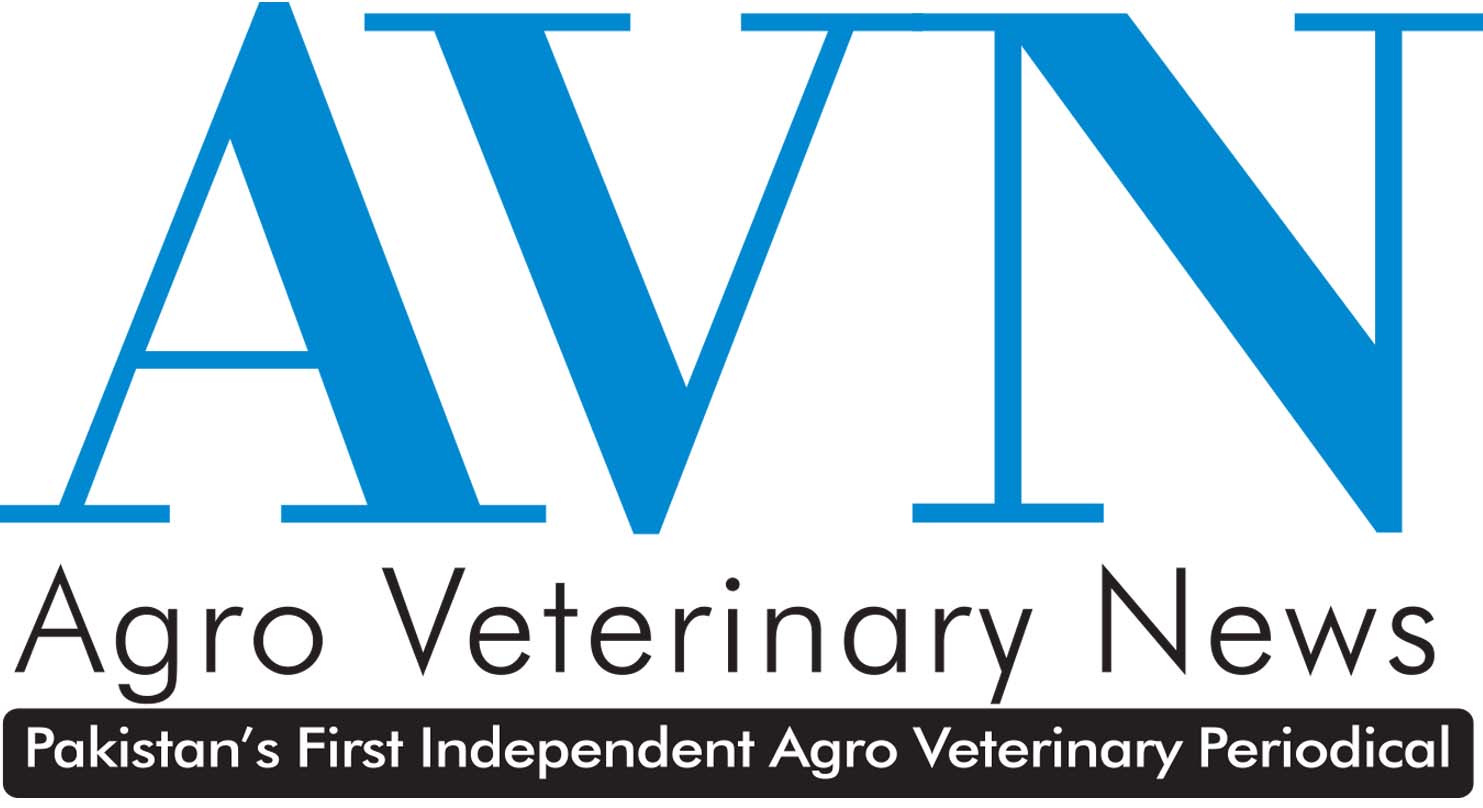ISLAMABAD: Pakistan has unveiled an ambitious proposal to form a tri-party agricultural partnership with Saudi Arabia and Sudan, aimed at enhancing regional food security and promoting sustainable agricultural development.
The initiative was announced by Federal Minister for National Food Security and Research, Rana Tanveer Hussain, during a high-level meeting with Sudanese Ambassador to Pakistan, Salih Mohamed Ahmed Mohamed Siddig.
The proposed collaboration would strategically combine Sudan’s fertile land, Pakistan’s agricultural expertise, and Saudi investment to create joint ventures in key sectors such as sugar processing, meat exports, infrastructure development, and technology transfer.
“Pakistan is committed to becoming a hub of international agricultural cooperation,” said Minister Hussain. “This partnership can create shared value across borders, strengthen food systems, and build a resilient agricultural economy for the region.”
He underscored Pakistan’s potential to contribute through its strengths in crop production, irrigation technology, and livestock health management, while encouraging Pakistani private sector involvement in Sudan’s agricultural ecosystem.
The Sudanese ambassador welcomed the proposal and reaffirmed his country’s willingness to enhance bilateral and trilateral cooperation. He highlighted Sudan’s disease-free livestock and established meat export channels to Gulf countries, which present opportunities for scaling up with Pakistani and Saudi collaboration.
Also on the table was educational cooperation, with Mr. Hussain offering support to increase Sudanese student enrollment at the University of Agriculture, Faisalabad, and initiate joint programs in veterinary science, animal breeding, and poultry management.
The leaders acknowledged the historical and cultural ties between Pakistan and Sudan and agreed that the proposed alliance could serve as a model for South-South cooperation, aligning with global goals of food resilience and sustainable investment.
As food insecurity grows amid climate challenges and geopolitical disruptions, this tri-nation initiative aims to strengthen the region’s agricultural base, generate rural employment, and expand trade in agricultural commodities.






